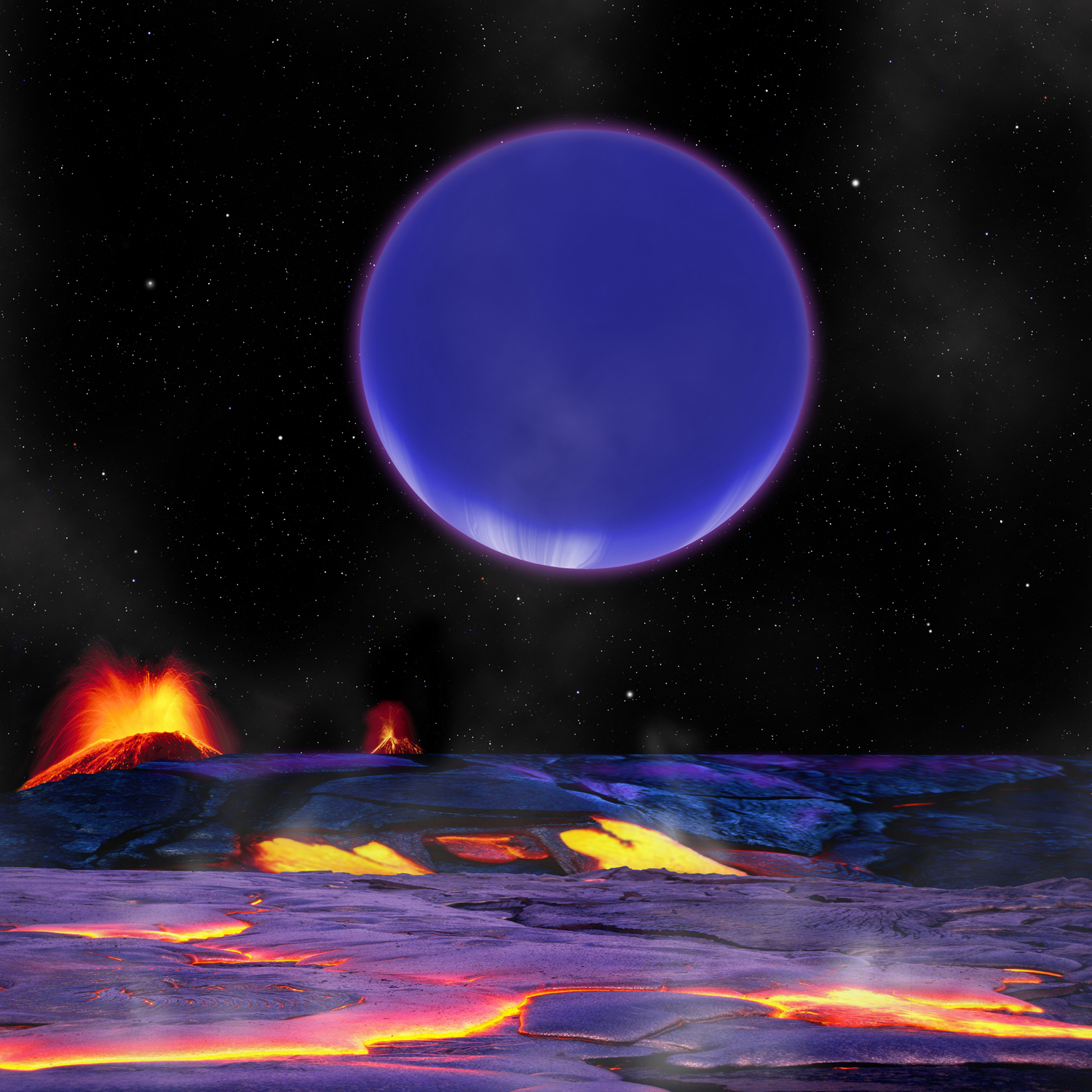
From Sarah Lewin at Space.com:
When life originates on a planet, whether Earth or a distant world, the newborn life-forms may have to overcome incredible odds to come into existence — and a new equation lays out exactly how overwhelming those odds may be.
Well, it’s good that someone is admitting that there aren’t billions and billions of them out there.
If we can’t factor in information, we can get precisely nowhere, though there may be some good luncheon talks in the meantime.
“It’s not an answer; it’s a new tool for trying to think about the issues involved,” Ed Turner, an astronomer at Princeton University, told Space.com. Turner was not involved in the work, but the paper’s definition of the left-hand probability — the expected number of origin-of-life events — draws heavily from his work to allow for incorporating scientists’ uncertainty about the origins of life based on observations of life on Earth (and how much weight to give those observations). More.
Paper is free.
See also: What we know and don’t know about the origin of life
and
Follow UD News at Twitter!